Decorating an apartment can be a bit of a puzzler, especially if you’re renting. On top of this, if you’re a struggling college student, not only are you limited in your choices but you’re probably limited on funds. So here are a few great tips for decorating your apartment on a budget.
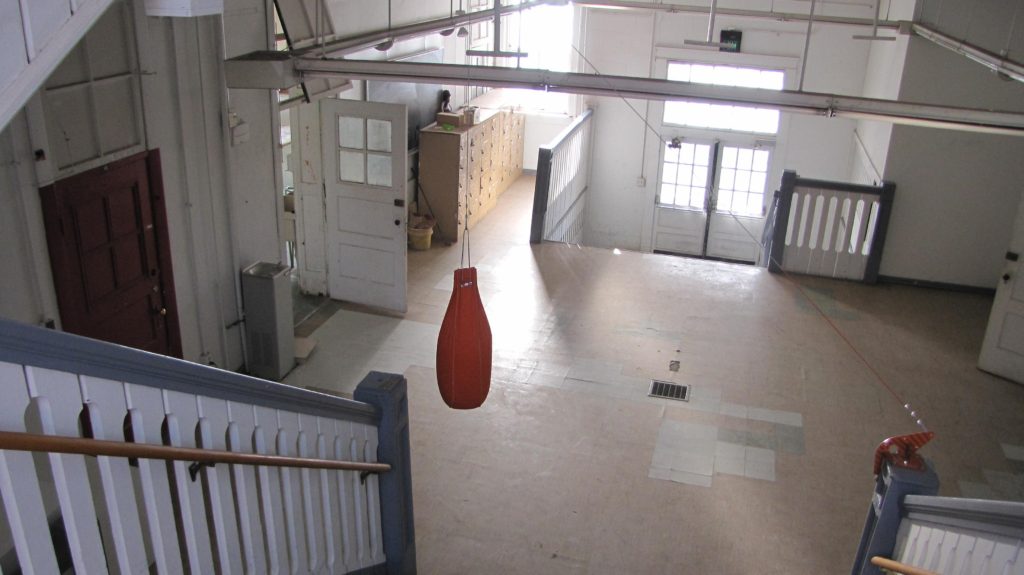
Wall Decals
These things are a genius invention. Wall Decals don’t require nails or paint and are perfect for a rental space. You don’t just have to pick from a life-inspiring quote, either. Today there are wall stickers that are complete murals or even wallpaper. Not only are these a cheap alternative to fixing holes or painting, they are also so easy to apply and even easier to take down. And they don’t leave a mess.
Next to wall decals are furniture decals. You can stick a fun polka dot sticker sheet on a desk, fridge or cabinets and really spunk up your place without spending an arm and a leg. Or even too much time. If you have a bit more money ask your apartment manager if you’re allowed to get some etched glass. Installing etched glass can really change the look of an apartment and add an upscale feel, the only downside is it is expensive.

Build It
Furniture can become extremely expensive. But rather than paying an arm and a leg, you can easily learn how to build pieces yourself. Try building your own desk, bookshelf or even closet doors. There are many great how-to’s to follow and many lumber yards will sell wood for pretty cheap if you buy directly from them. You can even do this for a stunning headboard for your bed. If you plan to cover the headboard in fabric, then you can easily pay for inexpensive hardwood for underneath.
Buy Good, Not Price
Rita Konig, interior designer and European Editor for The Wall Street Journal’s WSJ, says that “it’s easy to buy things for the price, rather than buy good things. But if you guy good things, they will always be with you. If you buy the bad couch, for instance, you will always want to replace it as soon as you can.” It’s kind of like clothing, you can buy a new pair of $12 jeans every six months or spend $40 to $60 and have a pair that last a few years or even longer. This may mean that you only have a few key pieces while you slowly build up your collection.
Reupholster
Konig and Emily Henderson, host of Secrets From a Stylist, both suggest that you focus more on the shape of a piece of furniture rather than the fabric as you can buy a cheaper couch and easily reupholster it. By doing this you could end up spending less to buy and reupholster a couch rather than paying for one that is all around perfect.
Another thing to keep in mind while reupholstering is that it doesn’t need to be super expensive. Instead of spending lots of money on expensive cleaning supplies start to research things you already own that you can use to help you out. For instance I found out that some lemon juice, white vinegar, and refined coconut oil can be used to polish wood furniture, so I went out, bought some old wood tables and chairs and cleaned and polished them up to shape. I ended up with furniture that looked new at less than ten percent of the cost.
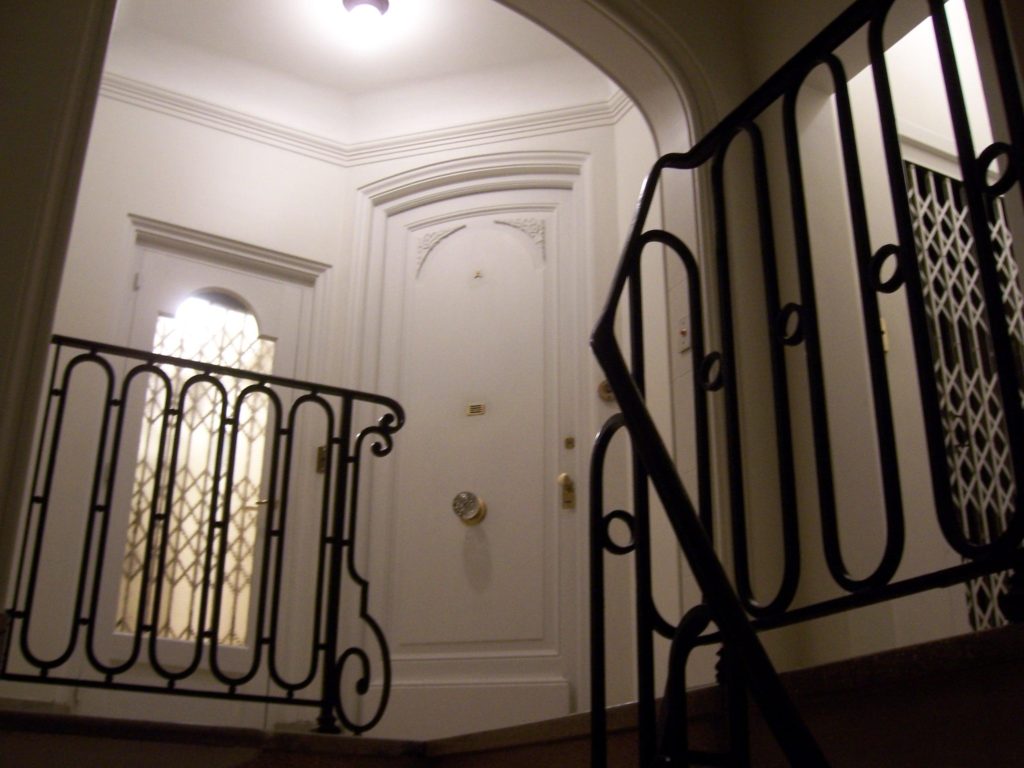
Re-envision
Jamie Drake of Drake/Anderson says to first start by re-envisioning your place before spending any money. Flip a floor plan, move a piece into a different room, reupholster or spray wood pieces. This can be one of the most inexpensive ways to decorate your apartment.

Do-it-Yourself
Sew your own quilt or comforter. Make your own throw pillows. Paint your own art. There are so many great projects out there that you can learn to do yourself that you could practically decorate your entire apartment with the talent of your own hands!
Repurpose
If you can’t go buy brand new furniture at the moment or don’t want to throw something out, try repurposing a few pieces. You can turn a mismatched or rickety chair into a great bedside table. Or take an old duvet or comforter and repurpose it into a pet’s cozy sleeping spot. Turn an old door into a tabletop, old curtains into napkins, and so much more. You can even turn no-longer-used sheets into light and airy window treatments. The possibilities are endless!
In all likelihood, if you’ve been living with your folks, in a dorm room or an apartment, you probably don’t know a whole lot about home maintenance, landscaping or home security. These tips may help to prevent costly mistakes, save money and help you to learn about homeowner responsibilities.
Valve for Water Shutoff
After purchasing a new or used home, you need to locate the main valve for shutting off the water to the home in an emergency. Shutoff valves are typically located near the water main where it comes into the home. Everyone living in the home should understand how to turn the valve off.
You may need to shut the valve off when pipes burst or an overflowing toilet floods the floors, carpeting, cabinets or wallboards. These items are difficult to dry out and can lead to costly repairs.
Landscaping

Planting new or additional landscaping is a wonderful way to add a bit of your own personality to the home, and it can help to keep your home much cooler during hot summer weather.
Choose trees and vines to plant on the southern and western sides of the home, which will provide much needed shade. Call 811 before you begin digging around your home to learn where wires, cables and underground pipes are located from the dig-safely hotline.
Improve Security
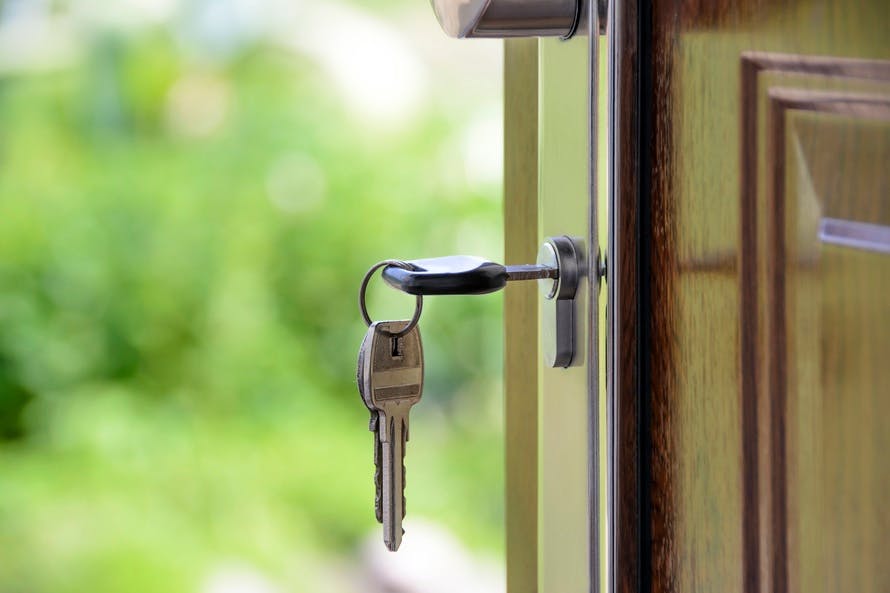
Whether you’ve purchased a used or a new home, it is a smart idea to change out the locks. As a matter a fact, consider deadbolts, which offer the most security.
Take a quick tour of your new home looking for weak areas that could provide easy access to thieves. Adding window locks, outdoor lighting and light sensors in vulnerable areas could reduce vandalism and thefts.
Electrical Panel
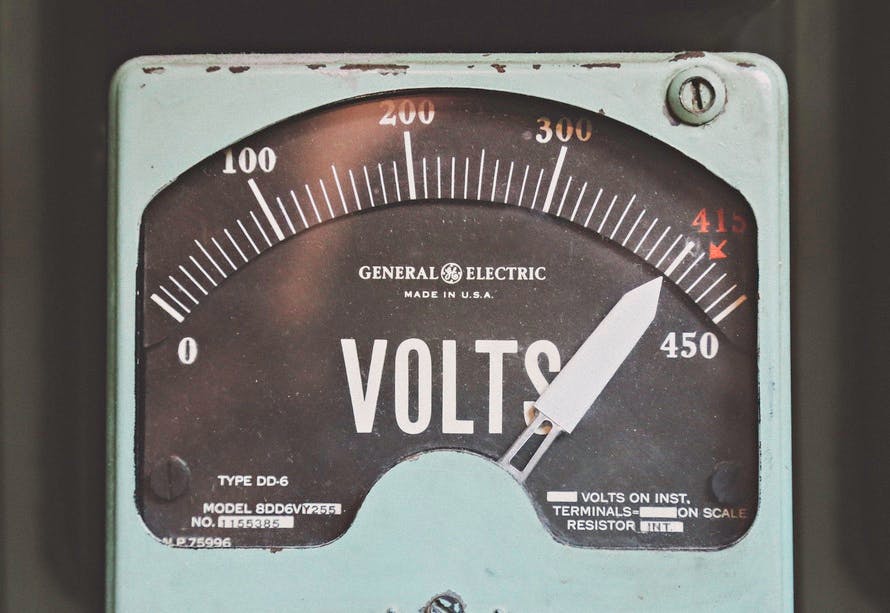
Locate the electrical panel in your house that contains breakers to shut off power to various parts of the home. Check to see that all breakers are labeled with the names of each room, so you’ll know which breaker to shut down in the event of an emergency.
Home Systems and Appliances
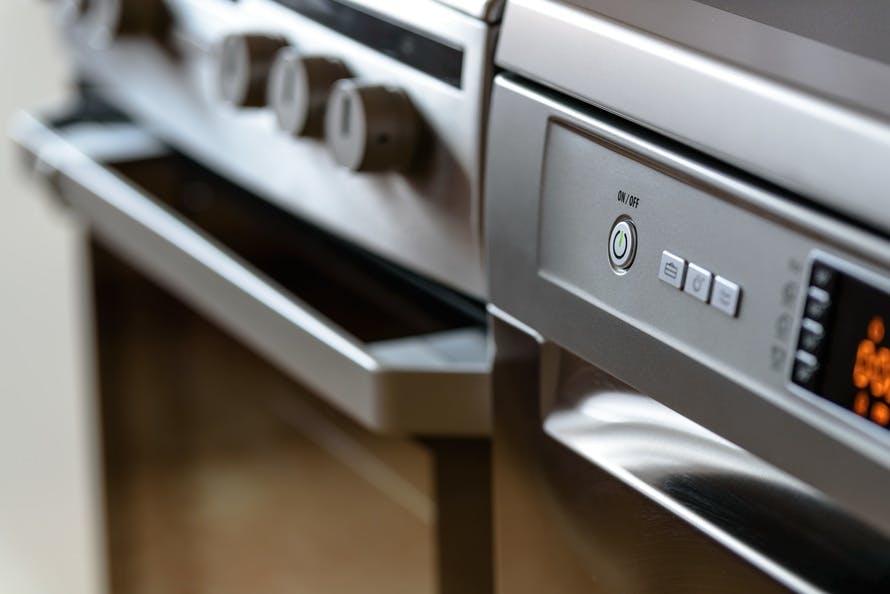
Determine whether you want to make repairs or replace home systems and appliances yourself. Perhaps you would rather purchase a home warranty from a service company that offers warranty plans to make repairs or replace faulty units.
Warranty plans can be tailored to the needs of homeowners. Many basic plans cover the major home systems like plumbing, heating, electrical and cooling. Some plans include a number of common household appliances like refrigerators, freezers and dishwashers. Generally, you pay a flat fee once a year to purchase a contract and are responsible for paying the cost of any service calls.
Checking for Plumbing Issues

Plumbing might not be much of a concern in newer homes, but you definitely want to discover plumbing problems in any used home.
Open cabinets below sinks to search for leaks. Check to see whether faucets are leaking or continually dripping. Make sure the toilet doesn’t run constantly, and look around the base of the toilets for signs of water leaks.
Insulation
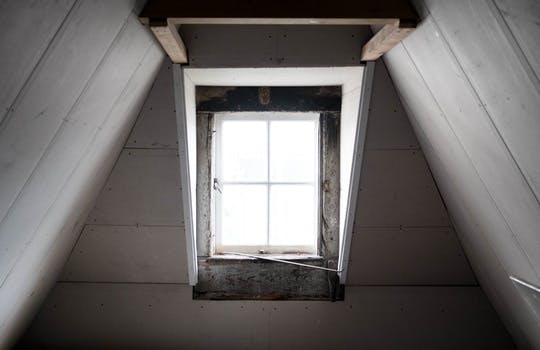
It’s a smart idea to check out the attic insulation to determine if it has at least the minimum requirements to keep your home cooler in the warm months and warmer during chilly weather. Insulation should be anywhere from 10 to about 14 inches thick depending upon the type and quality of insulation.
Locate the water heater and consider purchasing an inexpensive water heater jacket if it doesn’t already have one. Also, check the settings on the water heater. Setting it to 120 degrees should more than cover your needs and may help to lower your electric bill.
Add insulation around exposed pipes in garages and basements to reduce heat loss.
Fire Prevention
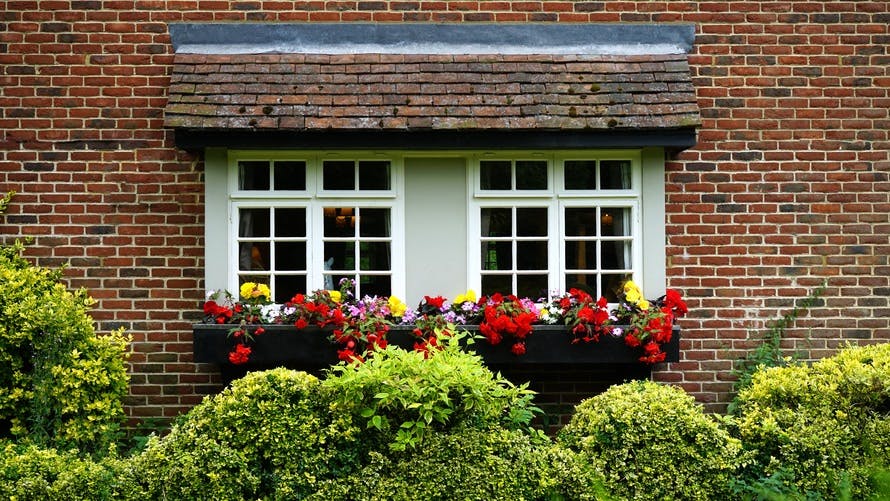 Remove shrubbery and trees that are too close to the home. Maintaining a 30 foot perimeter around the home free of large bushes and trees is recommended.
Remove shrubbery and trees that are too close to the home. Maintaining a 30 foot perimeter around the home free of large bushes and trees is recommended.
Install fire alarms throughout the home. Multi-level homes should have alarms for each floor. Make sure your home is also equipped with working fire extinguishers.
There is no doubt about it, owning your first home is a learning experience. Just remember to seek advice from neighbors and when in doubt, consider calling a professional.
Bundling Insurance
If you’re wondering if you should bundle home and car insurance, the answer is almost always yes. The discounted amount from bundling home and auto always varies depending on who you are bundling with, but the average bundle discount will get you 20% off. While the immediate and obvious benefit of bundling is saving money, the benefits go beyond just savings. Because you’re bundling, there is no doubt you’ll develop a better relationship with that company as you’ll be talking to them more frequently. No yo mention you could also benefit from paying a single deductible as opposed to two.
Buying a home is not called the American dream for just any reason. It is a hard feat to accomplish and requires responsibility, hard work, and long term vision. It can also be scary for those buying their first home. There is a lot to know, and most have likely heard horror stories of friends homes that were hit by disasters, or who had issues dealing with insurance.
Fortunately home buying is not as scary as some people may think. There are plenty of professionals that you will work with along the way that will help make sure everything goes smoothly. Most people are surprised at the end of a first home purchase how simple the entire process was. There are costly mistakes that can be made, however, and should be avoided. Here are a few.
Choosing the wrong people
The people you work with while buying your first home are one of the most important decisions you can make. If you realtor is just in it for the money, they will push you to purchase a home as quickly as possible so that they can pocket the check and move on. Many realtors are trained to be this way. Conversely, if you can find a realtor that genuinely cares and has your best interest at heart, they will do digging, make sure there are no issues that could come up down the road with the home. These issues include things like improper paperwork with the city, hidden home damage, and overvalued home prices. A good realtor will do their homework and make sure your home is ready to live in safely for many years to come.
Budgeting

One of the biggest mistakes new homeowners make is understanding their budget. Most people that rent do not have to deal with repairs, maintenance, lawn work, taxes, insurance, or anything else relating to the home. As a new homeowner this is now completely your responsibility. If you are cutting your budget close while while buying the home you are likely forgetting the plethora of other expenses that may come up once the home is purchased. Make sure your income is enough to cover potential expenses and understand what those expenses could be. Additionally make sure that you have enough time to do things like yard work and maintenance, you will be surprised how much can be saved doing it yourself.
Research
Do the research! Find the perfect home. There is likely a home in your price range that you will love, but you need to spend the time to find it. Use resources like the Georgia MLS (or whichever state you live in) to find houses that may not be up yet on the web. Your realtor will have access to this.
DIY
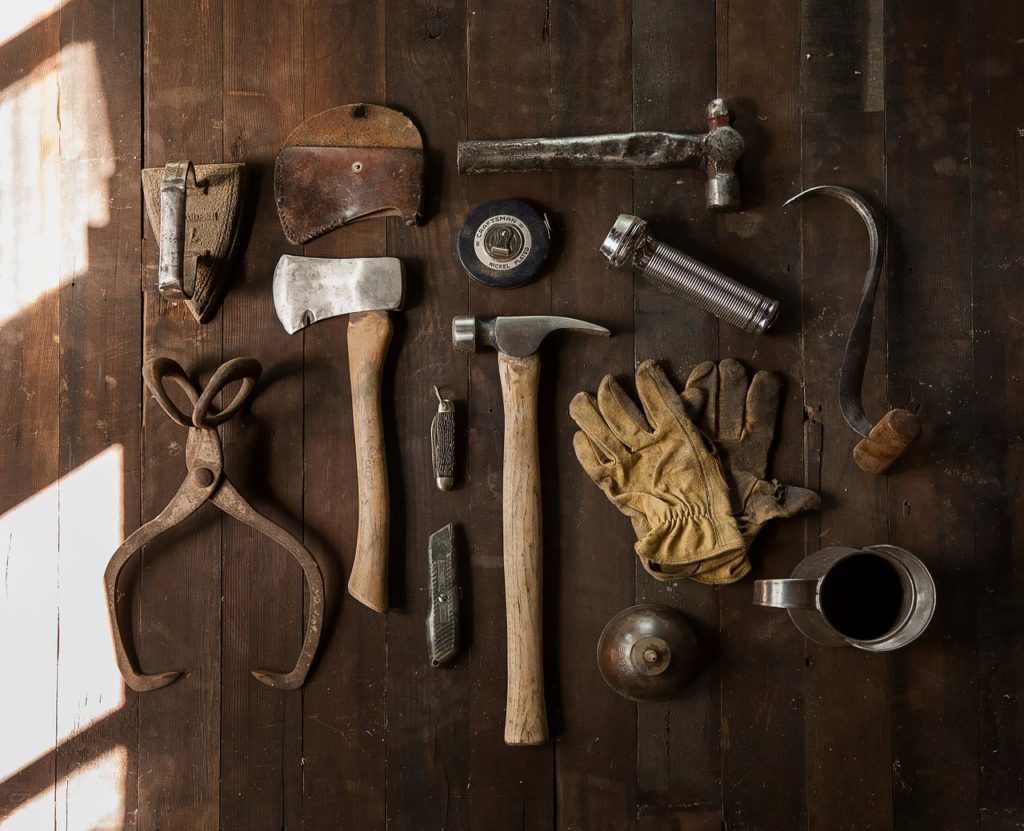
Most first-time home buyers have zero clue how to fix anything in a home. Plumbing sounds gross, electricity sounds terrifying, and lawn maintenance sounds dull. Unless you are purchasing a brand new home however, you will likely run into some repairs and maintenance fairly soon. Your first reaction will be to call a handyman and let them deal with it.
This is probably the wrong first reaction. Most home repairs can be done with a YouTube video, a trip to home depot, and five minutes. You may be blown away by your ability to quickly understand how a toilet or sink work.
There are more than enough things that homeowners assume they know, yet aren’t fully aware of. Letting things slip under the carpet or become easily forgotten can create more work than you realize. Knowing just what you need to be aware of to keep your home functioning well and always being on top of repairs is one of the biggest jobs of a homeowner. Here are seven things every homeowner should know.
Regular Filter Replacement
Replacing filters, especially for your furnace, on a regular basis is very important if you want to keep your appliances in the best condition. Ideally, they should be changed four times a year. If this feels like excessive, at least do it twice a year. To make it easy, buy several filters at once and label them with the month that you plan on changing them in.
Drain Cleaners
More often than not, the drain cleaner you are using is more corrosive and harmful to your pipes than not. If you have a sink or bathtub that isn’t draining well, try snaking it first before you dump drain cleaner down there. Often, what is blocking your pipes is hair that cleaners won’t take care of very easily. If you do need to use a drain cleaner, invest in a non-corrosive one such as Bio-Clean (plumbers prefer this kind!)
Smoke Alarms
A quarter to about one third of smoke alarms don’t work because of missing or dead batteries. But what most homeowners don’t know is that having just one working smoke alarm can reduce the chances of you dying in a home fire by nearly 50 percent! If you can’t get to all of the smoke alarms regularly to check their batteries, focus on at least one for each floor. If you do have the time, be sure to regularly check your alarms and batteries (at least twice a year). Try working it into your cleaning routine, such as when you’re dusting.
Understand Insurance
Most homeowners are under the mistaken impression that their home is completely insured from catastrophe. This couldn’t be further from the truth. Most home insurance policies have stipulations and events that they do not cover. This includes things as major as housing floods and earthquakes. Additionally there is insurance for your appliances called home warranty insurance.
Ducts
According to some studies, the biggest problem with heating and cooling consumption comes from leaking ducts. You would be surprised to see that most of your energy consumption isn’t actually coming from you. Sometimes, not even heating technicians will check for leaks. If you check and feel like your energy consumption is still terribly high, invest in a good power quality meter. These devices can help gauge your family’s energy consumption and show you where you may need to cut back on energy use.
Colors
Choose colors for you house that will work now and later. Though this may seem trivial, it can save you money in the long run. If you enjoy painting your walls, pick something that can work well with different patterns and furniture. Generally, neutrals are best, such as grey or beiges. If you find in 10 years that you want a new red couch but your walls are blue or purple it may not work. Plus, if your walls are what you might call “boring” you can spice up your décor with stunning throw pillows, pottery, towels (in the bathroom and kitchen), and even beautiful rugs. By picking colors that can work always, you will find that you will save money from not having to repaint often and will also save you a headache from picking something that could work with already existing colors.
Your Breaker Panel
Most electrical panels already have labels or lists that indicate which breaker controls which circuit. However, these labels aren’t always completely reliable, especially in older homes with recent remodeling. In these situations, you might find that an outlet in one room is on a completely different circuit as all the other outlets in the same room but that one random outlet isn’t labeled on the circuit box. If you have an orphan outlet, or suspect you do, use a voltage detector to make sure the power is off before proceeding to do any electrical work.
Handy Work
If something can be fixed, you should fix it. Don’t think that some things should be ignored because they don’t seem important (just like those bad drains or smoke alarms). Other things you should fix when you can (or at least take care of) are black mold spots, any leaks, broken doorbells, sticking locks, torn screens, and so much more.
At the same time, if there is something that needs fixing especially big things like plumbing or heating issues, if you’ve done your research but still feel uneasy don’t shy away from hiring a professional. Oftentimes we think we can fix things that we really can’t and shouldn’t. Professionals are there for a reason.
Some banks show an uptick, but often, the loans are harder to get.
Seeking money for a pressing need or unexpected expense? A TV commercial airing these days from U.S. Bank suggests a solution: A home equity line of credit.
The spot may be reminiscent of the housing bubble for some, but it also represents a sign of the recovery.
“A small fraction of banks are actually reporting they’re seeing stronger demands for home equity lines of credit over the last 3 months,’’ says Keith Leggett, vice president and senior economist at the American Bankers Association.
“The lenders are still going to be cautious, but the fact that you are seeing lenders actually tip toe back into that water is an indication that the housing market has probably stabilized and is actually beginning to recover,” he says. “Lenders would not be going into this market if they viewed (that) housing prices were scheduled to drop further.”
ComericA bank says it’s seen an increase in home equity lines of credit in Orange County. The bank had a 55 percent rise in applications for them as of mid-October this year compared with the full year 2011, and a 36 percent increase in money taken out by borrowers, bank spokeswoman Nancy Tovar Huxen said. There was a 74 percent jump in home equity credit applications in September year to date over the same period ending September 2011, and a 68 percent increase in money taken out.
BOOM VS. BUST
During the housing bubble, many homeowners used their home like ATMs. Income documentation and a healthy amount of collateral often were not deemed necessary. Home prices were soaring.
But since the crash, the rules for such credit, as with other types of loans, have tightened significantly.
“They’re being very careful about who they’re giving that loan to,’’ says Houtan Hormozian of the Orange County Association of Mortgage Professionals. “Banks definitely don’t give them out like they used to.’’
Now homeowners typically need a 720 FICO score, at least 20 percent equity in the home, and documentation of income and mortgage payment stability, mortgage brokers say. And home equity lines of credit don’t come cheap: Average fixed interest rates were 6.68 percent as of Oct. 5, down from 7.06 percent a year ago, according to HSH Associates, which collects data on the mortgage market.
So who qualifies for a HELOC nowadays?
U.S. Bank officials say though the bank’s commercial is airing now, their careful lending practices haven’t significantly changed, and that the bank continued to give out home equity lines of credit even after the housing crash.
“It’s really for the crème de la crème,’’ says Dave Haub, president of CMC Lending in Garden Grove, of typical guidelines for the loans. “There’s not a lot of people who have the equity. It’s almost for the people who really don’t need it.”
PAYING IT BACK
But borrowers who took out home equity lines of credit in the past could face trouble ahead. In a couple of years, more than half of these loans will begin amortizing.
http://www.ocregister.com/articles/equity-374913-home-days.html










 Remove shrubbery and trees that are too close to the home. Maintaining a 30 foot perimeter around the home free of large bushes and trees is recommended.
Remove shrubbery and trees that are too close to the home. Maintaining a 30 foot perimeter around the home free of large bushes and trees is recommended.


